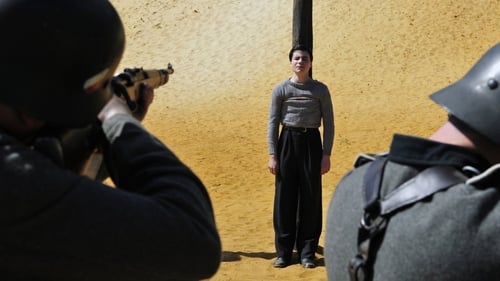
An evening in a Parisian building where we discover nine situations that each evoke a hot topic of society: health crisis, feminist struggles, transhumanism, Islam, identity movements (non-exhaustive list!)... Without any judgment but with humor, sometimes burlesque, sometimes grating, and the whole sprinkled with a good dose of emotion. And all these colorful characters will be reunited in a flamboyant finale.

Gendarme
A psychiatric hospital patient pretends to be crazy. In charge of caring for this patient, a caregiver will begin to doubt the mental state of his "protégé".

Gendarme 3
Sibylle, a young Parisian with long teeth, intends to shine in her new job by buying a hardware store in the Basque Country to set up a supermarket. She imagines that she has "rolled" the old owner but the latter is under curatorship. Sibylle must therefore deal with Ramon, the nephew, to recover his money and sign as soon as possible. Otherwise, the ejection seat is assured. She will soon realize that the Basques do not intend to let themselves be made by a Parisian, however pretty she is.

Braqueur blessé
A gangster has fallen head-over-heels in love with a cashier and holds up the bank regularly so that he can see her. He decides to take the plunge and kidnap his sweetheart, in order to reveal his love for her. His clumsy declaration in his balaclava is a far cry from the traditional candle-lit dinner...

Mr. Beranger works at Paradesign, a furniture department store where the employees live day and night in the decorations. Himself lives in a show cottage in pasteboard and excels in the promotion of his dachshund footrest. His life seems settled well, until the day when he is promoted to the mysterious thirteenth floor of the store.

Jean Poulmarc'h
October 1941. Eighteen months into France’s occupation by German troops, young Communist members of the Resistance shoot dead an officer of the German Army. In retaliation, Hitler demands the deaths of 150 Frenchmen, as 'retribution'. The targets are to be mostly young men believed to share the assassins’ political convictions. Most of these men are taken from an internment camp for opponents of the occupation; a 35-year-old French rural administrator is ordered to select the victims. Although the parish priest appeals to their conscience and moral sensibilities, both the German military and their French helpers slavishly follow their orders.

Petitchamp





